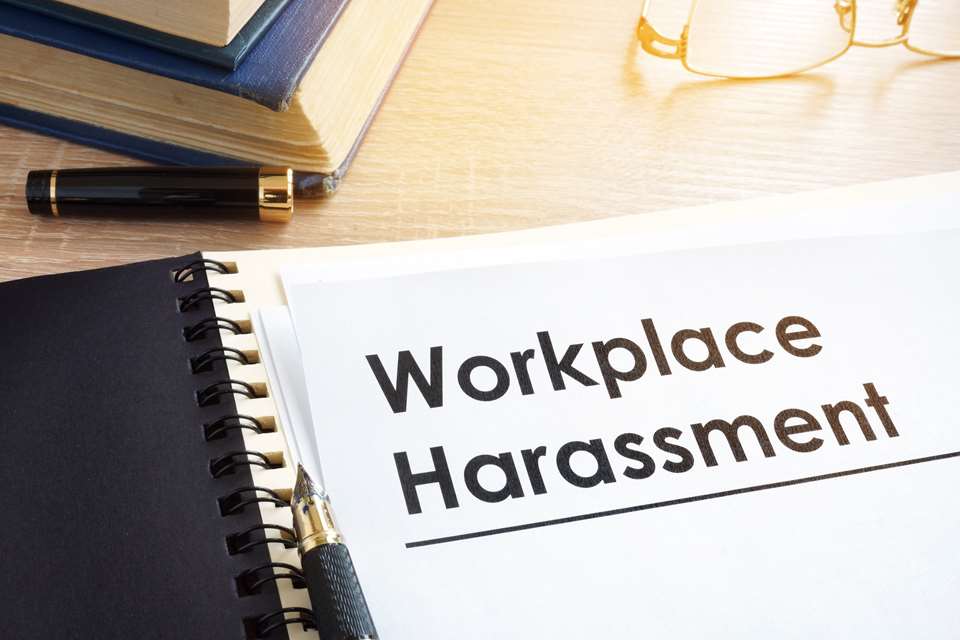ISM report reveals ‘scandal’ of harassment and discrimination in music industry
Florence Lockheart
Thursday, September 29, 2022
Released today, the report surveyed 660 industry members, with 66% of respondents saying they have experienced some form of discrimination at work


Register now to continue reading
Don’t miss out on our dedicated coverage of the classical music world. Register today to enjoy the following benefits:
- Unlimited access to news pages
- Free weekly email newsletter
- Free access to two subscriber-only articles per month



